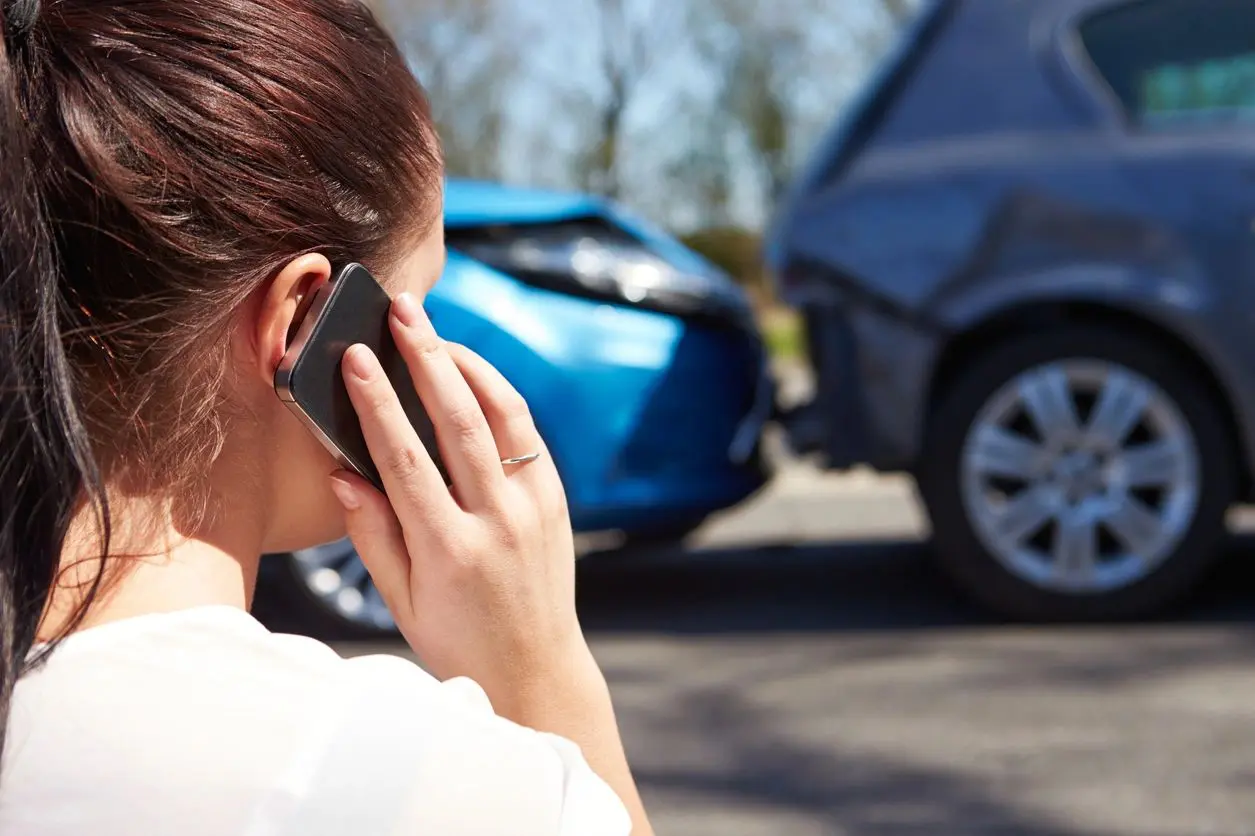Personal Injury

Where Does Burke Law PLC Represent Injured Individuals?
Areas Our Northern Virginia Personal Injury Attorney Serves
COUNTIES
Arlington
Fairfax
Loudoun
Prince William
Stafford
Fauquier
CITIES
Alexandria
Arlington
Woodbridge
Fairfax
Falls Church
Manassas
Manassas Park
Washington, D.C.
What Is Required For A Northern Virginia Personal Injury Case?
When someone inflicts injury on someone, the victim may have a personal injury case. These are the four things an injured party in Northern Virginia has to prove:
Duty of care. The plaintiff has to show that the plaintiff owed him or her a duty of care. Often this is based on a specific relationship, like doctor-patient, which obligates one party (the healthcare professional) to care for another (the patient) according to certain standards (those of the medical profession). But other individuals, such as other drivers or property owners, may owe you a duty of care as well, even without an explicitly agreed-upon relationship.
Breach. If, by some act or omission, a party violated the duty of care owed to you, the law refers to that as a “breach.” Usually, this is the most contested part of a personal injury lawsuit. A breach may be caused by negligence (someone’s failure to abide by a standard of conduct that the law requires), as well as reckless or intentional behavior.
Causation. The law requires that the breach is the primary cause of injury to the plaintiff. A defendant may breach their duty to you, but if they didn’t actually cause you harm, there’s no causation.
Damages. Another hotly disputed issue in most personal injury lawsuits is the question of damages or losses suffered by the injured victim. This may include medical bills, lost wages, disability, pain and suffering, wrongful death, property damage, and more. If you’ve suffered any kind of damages from your personal injury, whether they are economic or non-economic, let your attorney know.
How Do I Prove My Northern Virginia Personal Injury Claim?
One of the most important roles your attorney will play is to obtain this and other evidence. An experienced Northern Virginia personal injury lawyer understands how to use subpoenas, discovery, and other civil procedure tools to obtain the evidence necessary to prove your case.
Working with a Northern Virginia personal injury attorney, you will be gathering evidence to produce to support your claim. Some common examples of evidence are:
- WITNESS STATEMENTS These can include statements under oath from a variety of individuals who personally observed the injury or relevant events surrounding it.
- EXPERT WITNESS STATEMENTS An expert witness is someone who can give an opinion about a technical subject, such as medical malpractice or the damages associated with your injury.
- EVIDENCE from the scene of your injury. Evidence from the site of your injury might include photographs, videos, accident reports, maintenance logs, and much more.
- MEDICAL RECORDS These are an essential part of your damages claim because they document not only the specific treatments you received but the costs of those treatments and recommendations for future ones. Income records. If you were hurt in an accident or other injury, you might miss a substantial amount of work that will be documented in these records.
How Long Do I Have To File My Case?
In Northern Virginia, you usually have two years to bring a personal injury claim. Failure to file within this statute of limitations will likely bar you from being able to do so later. There are exceptions, however, when injuries are not immediately apparent. It’s always best to act right away so you don’t run past a deadline and so you can preserve and obtain the evidence you need.
Who Can Be Held Accountable For My Personal Injury?
Another thing your lawyer will do is identify parties who can be held liable for your personal injury. This might be necessary to obtain the reasonable compensation you need. The liable party is not always obvious, nor is it always clear how many other parties could be involved.
Take, for example, a driver who gets into an automobile accident with you. That driver might have been working for someone at the time the accident took place, meaning his or her employer could be held liable. The employer will likely have more assets than the driver, and can, therefore, compensate you for your injuries. Another example is a retailer who sold you a dangerous consumer product that caused an injury. Liability may extend to the corporation that made the product.
These are some of the individuals who may be held accountable for your injuries:
